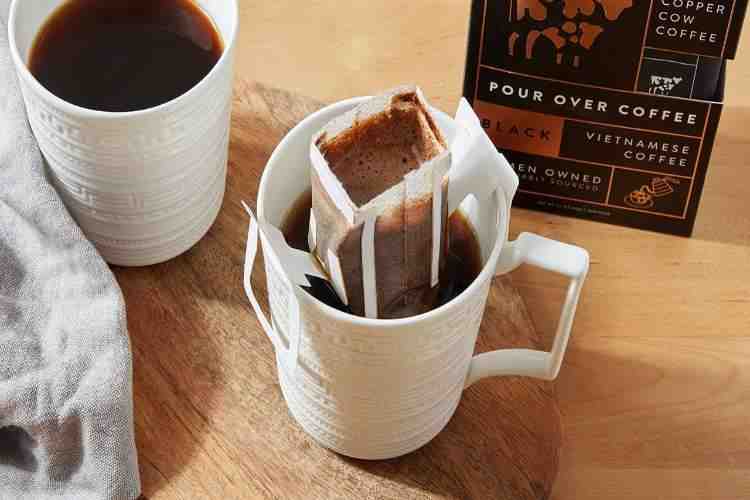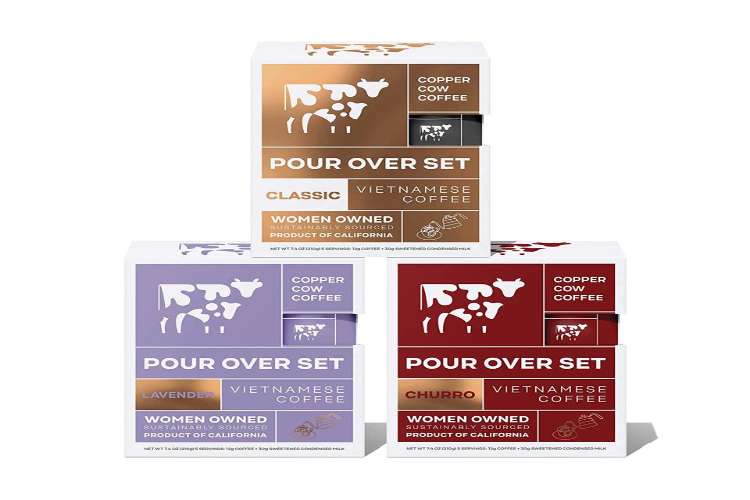
Have you ever wondered how much caffeine is in a copper cow? If so, you’re not alone. This is a question that we get asked a lot, and it’s one that we’re always happy to answer. Caffeine is a naturally occurring stimulant in various plants and animals, including coffee beans, tea leaves, cocoa beans, and kola nuts. It is also added to many foods and beverages, including energy drinks, sodas, and chocolate.
While the amount of caffeine in any given food or beverage can vary depending on several factors, including the type of plant or animal it comes from and how it is processed, there is generally between 1 and 2 mg of caffeine per ounce of copper cow. So, if you’re looking for a pick-me-up, a copper cow might be just what you need!
What is caffeine?
Caffeine is a stimulant that occurs naturally in coffee beans, tea leaves, and cocoa beans. It is also added to many sodas, energy drinks, and over-the-counter medications. Caffeine can improve mental alertness and physical performance. However, it can also cause side effects such as anxiety, headache, and insomnia.
How much caffeine is in a cup of coffee?
A cup of coffee contains around 95mg of caffeine, while a copper cow contains approximately 0mg of caffeine.
How much caffeine is in a copper cow?
If you want to know how much caffeine is in a copper cow then first you have to know about the copper cow. A copper cow is a coffee maker that uses a metal filter to brew coffee. There is no standard measure for how much caffeine is in a cup of coffee brewed with a copper cow, but it is generally lower than coffee brewed with other methods. The metal filter removes some of the caffeine from the coffee beans, and the brewing process takes longer, allowing less time to extract the caffeine.
caffeine is in a copper cow

The benefits of caffeine
It’s no secret that caffeine has some pretty great benefits. For one, it’s a natural energy booster, which can be a significant plus if you struggle with fatigue or energy levels. It can also improve mental alertness and focus, which is why so many rely on it to get through long work days or study sessions.
Additionally, caffeine has been shown to help with physical performance, whether running faster or lifting heavier weights. And for those looking to lose weight, caffeine can be helpful in that respect as well; it has been shown to boost metabolism and promote fat burning.
So, next time you’re tired or sluggish, reach for a cup of coffee or tea instead of an energy drink – your body will thank you!
The risks of caffeine
Caffeine is a stimulant, and, like all stimulants, it comes with a risk of adverse side effects. These can range from relatively minor (such as insomnia or jitters) to more serious (such as anxiety or heart palpitations). Caffeine is also addictive and can lead to dependence if consumed in large amounts. Some people are more sensitive to the effects of caffeine than others and may experience more pronounced side effects at lower doses. If you’re struggling with caffeine addiction or experiencing adverse side effects from caffeine consumption, it’s essential to talk to your doctor or a qualified mental health professional.
Conclusion
How much caffeine is in a copper cow? There is no definitive answer to this question. While we know that copper cows contain caffeine, the amount of caffeine is in a copper cow, each one will vary depending on several factors, including the size and age of the cow. So, if you’re looking for a specific answer, ask the manufacturer or farm where you got your copper cow.


